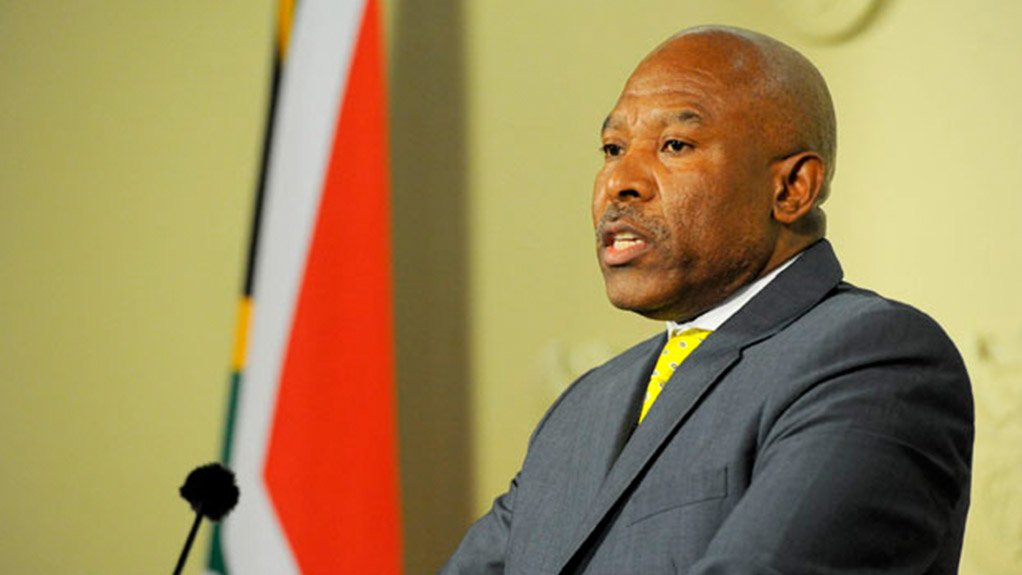South African Reserve Bank (SARB) Governor Lesetja Kganyago’s repeated emphasis of uncertainty is expected to translate, at most, into only a handful of additional interest-rate cuts next year.
The central bank, which lowered its policy benchmark by 25 basis points Thursday to 7.75%, said its model showed rates easing further, stabilising a bit above 7%, but emphasised that the projection was a broad policy guide.
“Decisions will be made on a meeting-by-meeting basis, with no forward guidance and no pre-commitment to any specific rate path,” Kganyago said. He also acknowledged that while inflation has slowed, Donald Trump’s election as US president could create upside risks for price pressures.
“Along with its characterisation of a ‘more challenging’ external environment, the SARB’s communication was therefore incrementally hawkish,” Goldman Sachs Group economist Andrew Matheny wrote in a client note.
South Africa’s annual rate of inflation fell to 2.8% in October, below the central bank’s 3% to 6% inflation target. Still, the SARB lifted its forecast slightly for inflation in late 2025 and 2026 and noted that risks to the outlook “requires a cautious approach.”
Kganyago, in his final monetary policy press conference of the year, declined to comment directly on the US election but said that additional trade protectionism could have implications for interest rates.
“There is a concern that the protectionism we are seeing could impact global trade,” the governor told reporters after the rate decision. “If it does become inflationary, you would expect that globally, central banks will react, and that changes the dynamic and that is the uncertain environment within which we operate.”
Oxford Economics’ Jee-A van der Linde sees three 25 basis point reductions next year, while economists led by Sanisha Packirisamy at Momentum Investments project two such moves, warning that Trump’s return could limit the extent of South African easing.
The rand has fallen almost 4% against the dollar since the US election on November 5, as investors bet Trump’s pledge to raise tariffs and cut taxes will prompt the Federal Reserve to lower rates less than it had forecast, boosting the US currency.
The SARB’s implied starting point for the rand in the fourth quarter of 2024 was 17.74 per dollar. It is currently trading at about 18.09 per dollar.
Kganyago noted its recent depreciation showed “how rapidly changes in the global environment could affect South Africa.”
Others see this careful approach translating into monetary policy in real, inflation-adjusted terms that will restrain the economy and help tame price pressures.
“If the SARB continues to cut by only 25 basis points at every meeting until mid-2025, the real policy rate will average 4% over the next seven months. This should be considered as highly restrictive,” wrote economist Kim Silberman at Matrix Fund Managers. This raises suspicion that “the SARB is implicitly adopting a lower inflation target without making a formal announcement.”
Kganyago said the central bank and Treasury were “coming to a conclusion” in their ongoing review of the inflation target — which was adopted in 2000 and has not been revised since — without offering a timeline.
He has repeatedly said it should be revised lower, but rejected the suggestion that the SARB was already aiming for the bottom of the 3% range.
“If you set a target and it’s a secret and nobody knows it, but you are targeting it quietly, it’s not useful as a policy anchor,” Kganyago said.
EMAIL THIS ARTICLE SAVE THIS ARTICLE
To subscribe email subscriptions@creamermedia.co.za or click here
To advertise email advertising@creamermedia.co.za or click here











